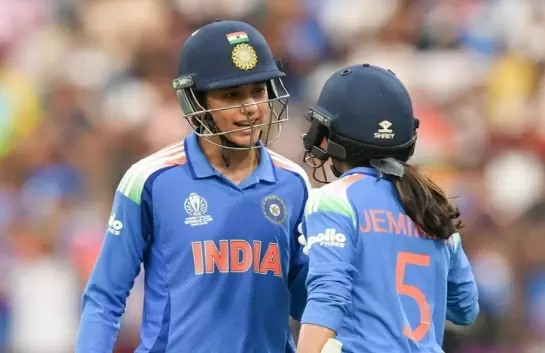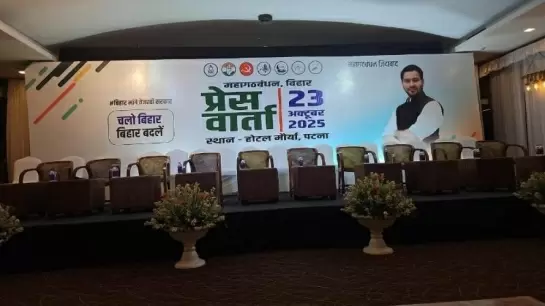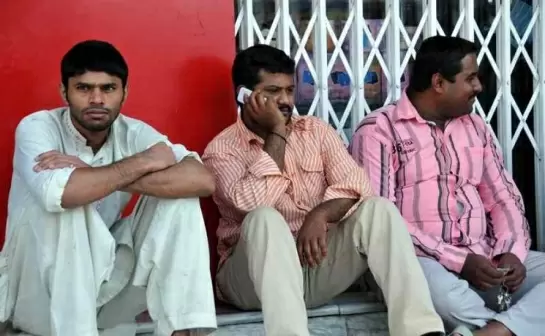Towards a better system in judicial appointments
27-July-2013
The collegium system of appointments in the higher judiciary leaves too much to the discretion of chief justices and in the process, legal competence, integrity, and dedication, have become casualty. The judge is the pillar of the entire justice system in a democracy.
Judges appointing themselves as judges is anathema in any mature democracy. The present system lacks transparency and there are no serious qualifying criteria for the selection process. There is widespread dissatisfaction with the working of the collegium system.
The Gujarat High Court Bar Association has passed a resolution protesting the overlooking of the legal competence, honesty, dedication and steadfastness of its Chief Justice Bhaskar Bhattacharya by the Supreme Court collegium.
Civil society has great stake in the independence and health of the judicial system. There is a raging controversy on the list of names finalised and forwarded by the Madras High Court to the Supreme Court for consideration for appointment as High Court judges.
Allegations abound about candidates being chosen on criteria far removed from legal expertise and integrity.
The Madras High Court Bar Association had to pass a resolution protesting against the opaque manner in which the list was prepared. The resolution manifests the general dissatisfaction with the working of the present system.
Justice JS Verma, architect of the collegium system, had himself expressed disappointment about its working. The Madras High Court has 15 vacancies to be filled. If the forwarded list is accepted, it will cause immense damage to the legal system and administration of justice for the next two decades.
Because of the veil of secrecy surrounding the appointment of judges, good candidates who would make worthy judges are kept out of the selection process. The end loser is administration of justice and the rule of law.
The collegium system is the result of two judgments of the Supreme Court aimed at eliminating political interference in the appointment of judges.
The National Commission to Review the Working of the Constitution with former Chief Justice MN Venkatachaliah as chairman, appointed by the BJP government, recommended a National Judicial Commission for appointment of Supreme Court judges.
While the UPA government’s proposal for a Judicial Appointments Commission is to be welcomed, the draft Bill prepared by the Law Ministry earlier this year when Ashwani Kumar headed the ministry, falls far short of the expectations of the Bar and civil society.
The proposed JAC would consist of two sitting judges, a government representative, a representative of the leader of the Opposition and two eminent jurists. Having politicians in the panel is not the best way to build people’s confidence.
Law Minister Kapil Sibal’s statement: “Just as judges have enormous stake in the appointment of judicial officers in the higher judiciary, the government has equal stake,” shows the government’s intention to tighten its grip on the appointments in higher judiciary.
Past experience shows how convenient judges were appointed by the executive. Following disqualification of Indira Gandhi by the Allahabad High Court in 1975 and after she could not get a complete stay from the Supreme Court, transfer of 16 independent High Court judges were effected which made Justice Krishna Iyer to declare: “The creed of judicial independence is our constitutional religion and, if the executive use Article 222 to imperil this basic tenet, the court must do or die.”
Satya Nadella’s Pay Soars to $96.5 Million in FY25 as Microsoft’s AI Boom Lifts Profits
Dalit Youth Abducted, Assaulted, and Forced to Drink Urine in Madhya Pradesh’s Bhind
CM Vijayan Faces Protest During Kozhikode Market Inauguration, Slams Oppn
Heavy Rains Raise Vaigai Dam Level; Flood Alert Sounded in Theni District
Ashwini Vaishnaw: Data Is the New Oil, Data Centres Are the New Refineries









